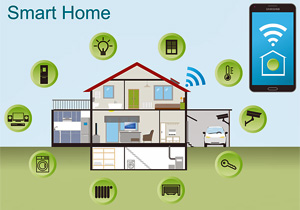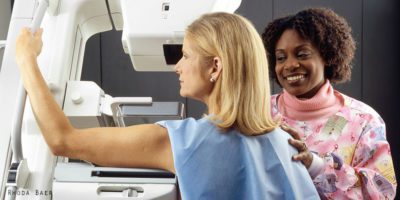Dr. Helen Meese is Head of Healthcare at the Institution of Mechanical Engineers, having joined in 2013 as Head of Engineering in Society before taking up her current role in November 2015. She works to raise the profile of mechanical engineering, focusing on innovative and emerging technologies and how they impact on healthcare, both in the UK and internationally.

“…Being older, should not be seen as a burden, but an opportunity. I believe the UK is slowly starting to wake up to the fact that it needs to change its view of what it is to be older…”
An ageing population
In January of this year I fell and broke my ankle. Nothing unusual about that you might say, thousands of people fall every day. But being unable to get to the bathroom or upstairs or even cook a meal, brought it home to me not only how much having limited use of our bodies can affect our lives, but also how this incapacitation was for some, an everyday struggle.

By 2040, 25% of the UK population will be over 65. I am only 44 now, but the thought of how I would manage as I got older made me realise just how important technology was going to be to help me stay active and maintain my independence.
Can we afford not to invest in proper elder care provision?
In my research to understand the needs of older people I found that nearly one third of all homes in the UK are occupied by someone aged 65 or over and that allowing vulnerable people to remain in homes with significant hazards is costing the NHS nearly £414 million per year in initial treatment costs alone. On top of that the lack of activity in older people is costing the NHS £1-3 billion a year in curing preventable illness, not to mention the cost to individuals in residential care or social services.

These are questions that the UK is beginning to ask itself and while the issues of care provision are being debated, there is little focused progress in addressing the long-term technical challenges, particularly in our homes, which will need to be tackled to facilitate these changes in long term care.
Making life better for older people
The use of smart technologies, including smart homes could make life better for older people, enabling them to retain their independence and relieve the pressure on health and social care services.
By addressing some of the basic activities of daily living through the use of assistive technology either in our existing homes or in combination with new cognitive housing stock, could encourage people to stay mobile and active as they age. This has the potential to keep them both mentally and physically fit for longer, reducing the onset of multi-morbidity conditions, and reducing costs for our health services.
The increasing number and proportion of older adults requires a greater focus on policies and resources to meet their needs. To enable us to make the transition into old age as effortless as possible, Government and policy makers must begin to set out a plan to tackle the UK’s poor housing provision for older people and the role technology will play in keeping us active.
Changing our view of what it is to be older
Being older, should not be seen as a burden, but an opportunity. I believe the UK is slowly starting to wake up to the fact that it needs to change its view of what it is to be older, but in doing so it must address how this affects the whole of society.

Age UK’s call for “Housing that reflects the changing needs and aspirations of all older people” should be a prime focus of future housing policy in the UK. Smart home technology and innovation is one such way forward to creating that age-friendly environment.
https://twitter.com/hmeese_imeche
https://www.facebook.com/imeche/
https://www.linkedin.com/company/institution-of-mechanical-engineers
https://www.youtube.com/user/imecheuk






